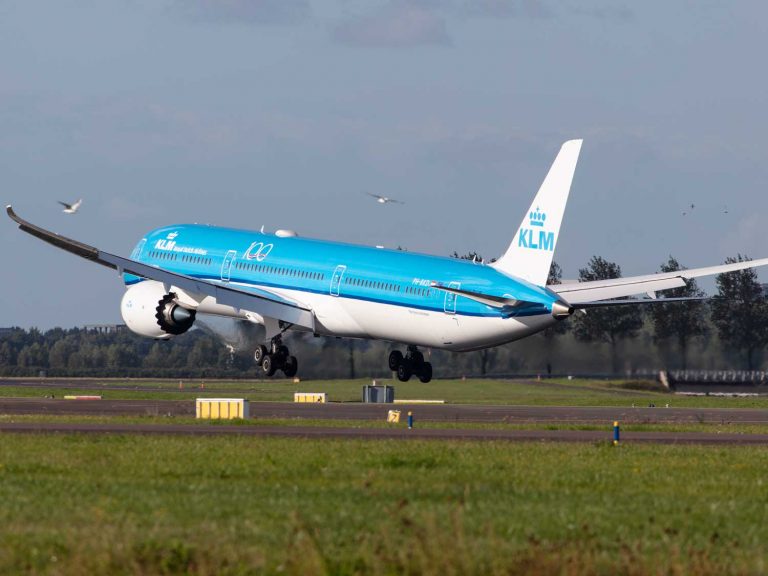
Date:
Government committed to SAF
As part of the UK’s net zero commitment the government is supporting a variety of technology, fuel and market-based measures to address aviation emissions, with particular commitment to sustainable aviation fuel (SAF).
The government recognise sustainable aviation fuel (SAF) as crucial to efforts to decarbonise, and they want the UK to be a global leader in its development, production and use.
In 2023 the government launched their £165m Advanced Fuels Fund to support the development of commercial scale SAF plants within the UK.
In March, the UK Government announced a significant package of SAF developments:
– Publication of the second SAF mandate consultation
– Outlined the scheme that will seek to generate demand for SAF
– Provided an incentive to SAF producers
– Launched a further round of the Advanced Fuels Fund, with a further £55.8m to support UK SAF projects through to construction
£113m has been co-invested by government and industry to support hydrogen and battery electric flight zero emission technologies through the Aerospace Technology Institute (ATI) programme, in addition to £4.2m of funding for the Zero Emission Flight Infrastructure (ZEFI) Project.
Although hydrogen has the potential to accelerate the aviation sector’s journey to net zero, challenges remain regarding accessibility and costs and industry cannot wait for its implementation, which is why SAF remains key to reducing aircraft emissions.
In April, Sustainable Aviation’s road-map confirmed that UK aviation can continue to grow whilst meeting its commitment to net zero carbon emissions by 2050 and their modelling suggests around 40% of emissions could be removed using SAF.
By the end of 2023, the government will publish their response to the second SAF mandate consultation and support Virgin Atlantic to successfully operate the world’s first transatlantic flight on 100% SAF, from London to New York.
In 2025, they will bring the SAF mandate into force and complete the funding period for projects supported by the Advanced Fuels Fund.
Metro has been carbon-neutral for several years and is committed to extending this zero-emission strategy as far down customers’ supply chains as possible, which is why we became the first forwarder to join and invest in the Air France KLM Martinair Cargo SAF programme in January.
Metro believes that moving away from conventional fossil jet fuels to alternative fuels is the most achievable way to obtain sustainable net zero flights, but it is essential that these fuels are manufactured in the UK to keep fuel costs affordable for businesses and to ensure availability of product to meet demand.
We welcome the awards by the government’s Advanced Fuels Fund to five projects that are developing commercial scale plants that use a range of technologies to convert black bin bag waste, industrial gases and CO2 into SAF.
Metro is achieving CO2 neutrality by measuring, reporting and offsetting our CO2 emissions and the same ECO technology we use is available ‘free of charge’ to our customers. EMAIL Ian Powell, to learn more.
